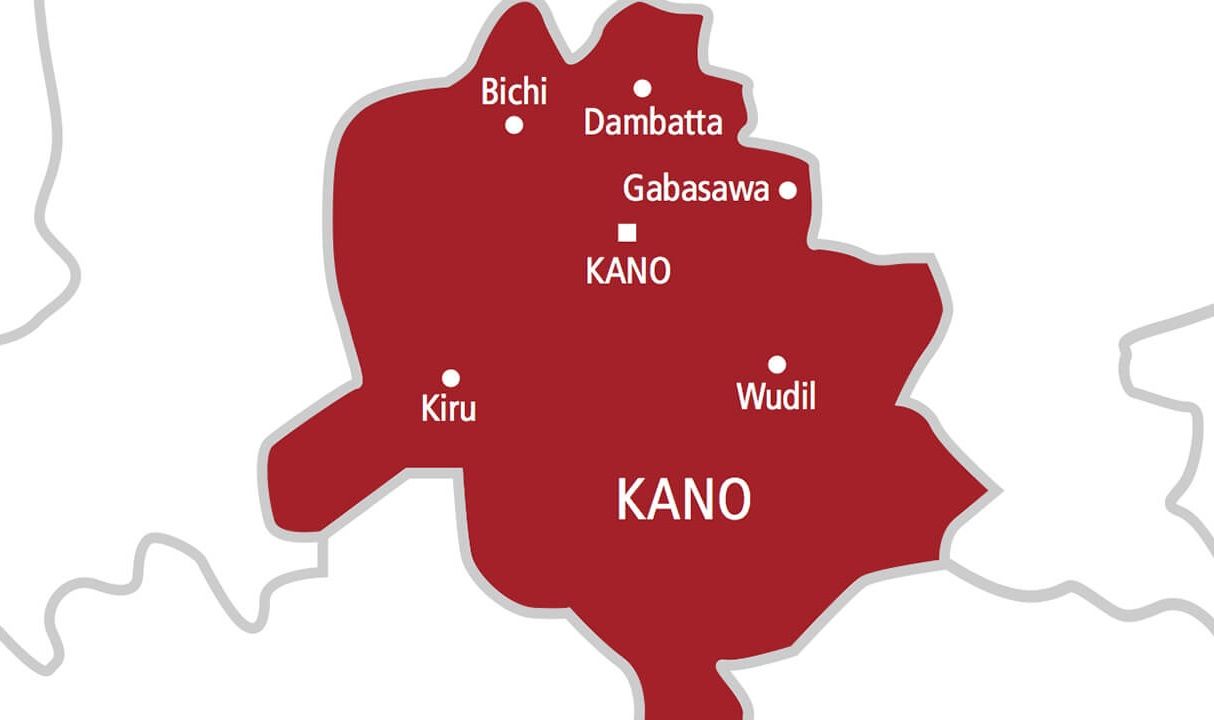Kano state government has said it is gradually shifting its focus from the traditional social to economic component of women development.
The Permanent Secretary, Ministry of Planning and Budget, Auwal Umar Sanda, made this known in Kano when he received Partnership for Advancing Women in Economic Development (PAWED) in his office on Wednesday.
PAWED, a coalition of women’s civil society organisations who recently unveiled Women’s Economic Empowerment (WEE) was on advocacy visit to the Permanent Secretary to seek further collaboration towards scaling up women investments in the state.
According to the Permanent Secretary, “We in Kano state have gradually changed perspective from the traditional social gathering of women to making them more productive in entrepreneurship.
“When a woman is empowered, even the rate of divorce in our communities will reduce as it has been discovered that marriages are stronger when the couples are stable economically.
“In the last few years, we have significantly increased our allocation to women empowerment programs in our annual budgets, I am glad this coalition is trying to complement our effort and we will do our best to support the project to succeed,” Sanda added.
He also urged the coalition to be more aggressive in pushing for budgetary allocations, legislative adoption and funds release of women related projects for them to succeed.
The Permanent Secretary also advised the women to expand their focus to teaching crafts such as phone repairs, plumbing and solar installation among other emerging businesses.
Earlier, speaking on behalf of the coalition PAWED Team Lead, Aisha Suleiman Baffa, said the project is anchored by development Research and Project Centre (dRPC) with the aim of making women more entrepreneurial in the state.
“The dRPC’s PAWED project aims to identify the most influential government and nongovernmental organizations, for-profit firms and individuals champions for women’s economic empowerment in Nigeria in order to support joint advocacy actions to policy makers to scaling up WEE investments at national and state levels,” Baffa explained.
The coalition also called for more publicity on various women economic empowerment projects, especially for women at the grassroots level so that the targeted beneficiaries can have adequate information.

 Join Daily Trust WhatsApp Community For Quick Access To News and Happenings Around You.
Join Daily Trust WhatsApp Community For Quick Access To News and Happenings Around You.


